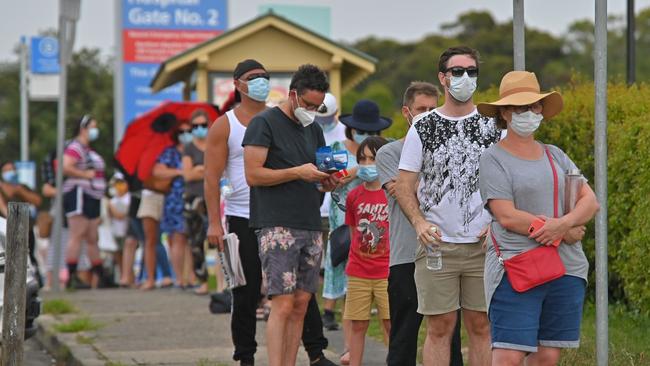
It was the first week of August, 1989, and I was out from England for a uni friend’s wedding to his Australian girlfriend. His buck’s show was well into its second night, and a bunch of us were in the Bourbon & Beefsteak bar in Kings Cross (for younger readers, in those days you were allowed to drink long into the night, hard as that may be to believe).
One of our number had developed alcohol-induced inner-ear problems and was swaying precariously amid the after-hours crowd. Then he tipped backwards into a tanned, surfie-looking giant, knocking the man’s full schooner of beer all over him.
“Here we go,” I thought. The years growing up in my native Liverpool had taught me to expect swift and brutal punishment for such clumsiness, so I stepped in to offer an apology and a fresh drink to the giant.
To my astonishment he looked down at his soaking shirt and grinned. “Yeah, no worries, mate,” he said, “I’ve had worse.”
As he turned back to his friends I was filled with joy, mainly because he hadn’t pulled my arms and legs off, which looked to be well within his capabilities, but also because here was my first real encounter with the laid-back Aussie I had always heard of.
I was still smiling at the next day’s wedding, where I fell for one of the beautiful bridesmaids. We got married in Sydney in 1993, and I pledged my allegiance to Australia and received a little wattle plant at my citizenship ceremony a couple of years later.
Over the subsequent decades living here I’ve been struck by many wonderful aspects of the Australian character. Relaxed, irreverent, generous, open, laconic and unquestionably the wittiest people on earth (yet, puzzlingly, with the worst stand-up comedians), they are every bit the larrikins of legend.
So it pains me to note that these qualities are being suppressed by second-rate governments and meddling third-rate bureaucrats. If you want to understand how we were so easily cowed into submitting to the idiotic restrictions of our coronavirus response, examine our recent history. Marked by patronising, infantilising, dictatorial, creeping social engineering, it looks like an ever-steepening 30-year slide from a dynamic, fearless individualism into a tepid bath of sullen conformity.
Just as our reaction to the arrival of COVID-19 morphed from “flattening the curve” of infections to the total elimination of the virus, so has our society moved to eradicate risk from our lives.
And if that means cutting our island off from the rest of humanity, it’s a price our politicians are prepared to let us pay, added to the hundreds of billions of dollars spent putting off the day of reckoning (until March 28, when JobKeeper ends). Meanwhile we wait in vain for any meaningful analysis of the severity of the virus cases we count so assiduously.
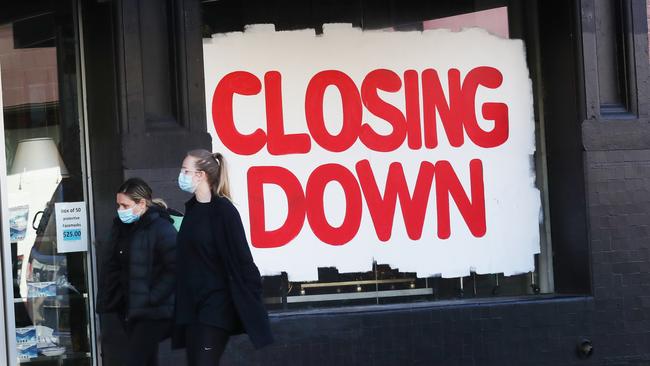
The larrikin voices are muted but still there: that’s why our rulers need the threat of outrageous fines to prevent the rebellion that might otherwise erupt. And how eagerly their agents, the police, have embraced their expanded role as state-sanctioned bullies, dragging people out of cars, marching through markets and parks dressed like warriors from the future, directed by senior officers who look too fat to catch a cold, never mind a criminal. (By the way, what’s with the black-shirt-and-tie uniforms? Have they never watched the History Channel to see what kind of people favoured those outfits?)
But it’s safer to seize a woman at her breakfast table than pursue proper villains; simpler to close late-night bars than deal with the drug-fuelled psychos punching strangers on the street; easy to hone your crime-fighting skills catching pedestrians who disobey the green crossing man or pushing kids around at a music festival.
It’s hard to pinpoint when this all began. A lawyer friend dates it to when they banned bringing an Esky of your own booze to the cricket. Not long afterwards they were ejecting spectators for rude songs, and bursting the beach balls that bounced around between overs. Now it’s light beer and a teenager telling you when you’ve had enough.
These puritanical rules have been updated for hotel quarantine: another friend tried to deliver a half-dozen bottles of wine to a colleague doing his 14 days’ solitary after returning from a business trip last week. He was told by surly security guards that the inmates were permitted to receive only one bottle a day.
What possible business is it of anyone else how you sweeten your time in lockup? The health and safety industry is now utterly out of control, as governments, seeking to avoid blame, have delegated their responsibilities to so-called experts.
That’s how we end up with unelected health officers deciding whether our state borders can be opened; not just internally but to international visitors. While I haven’t seen their job description, I’m pretty sure it doesn’t include control over the nation’s foreign policy.
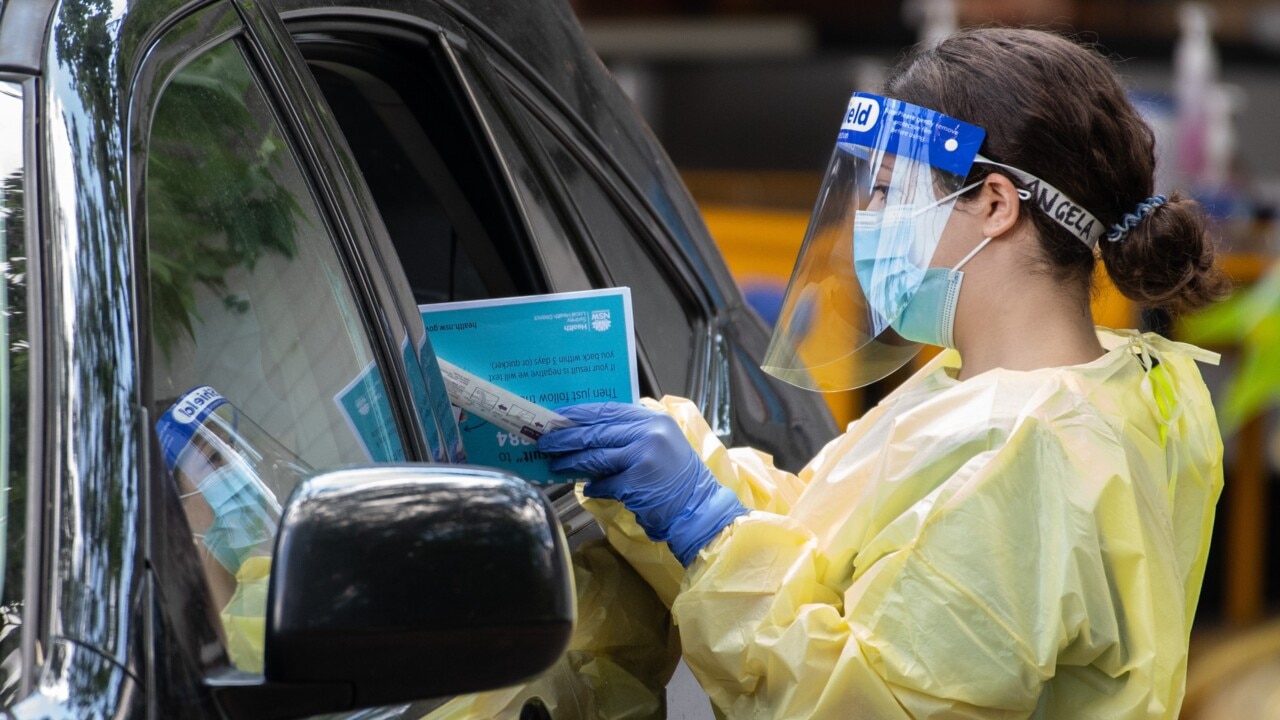
I used to give blood in Britain, but when I tried to do so here I was rejected because I was one of the tens of millions (including many expat Australians) who had spent six months or more in the UK between 1980 and 1996, when mad cow disease was around. I doubt someone desperate for a transfusion would reject my contribution because I had a steak in London 35 years ago. And if that rule doesn’t sound unreasonable to you, please consider that it applies to vegans too, whose veggies might have been contaminated.
Again, we’ve leapt straight to the nuclear option to deal with the risk. Just as the authorities couldn’t find a way to use my blood — perhaps on the very old or the terminally ill — so they couldn’t devise a way to protect the vulnerable from the coronavirus while allowing normal life to continue for those not in danger.
Of course it’s appropriate for society to agree on rules that protect its citizens: we are entitled to turn on to a 60km/h road and not encounter someone flying around the corner at 120; nor should we have to fear drunks crossing the centre line and hitting us head-on. But there’s a continuum of risk: most people are fine with seatbelt laws but don’t want to wear helmets in their cars like Daniel Ricciardo.
Similarly, we need sound public hygiene standards, but does the NSW Food Authority need to protect me with a $1540 fine from the medium-rare beefburger I want, prepared by a professional chef in a kitchen far cleaner than my own? And what’s the specific toxic ingredient in unpasteurised cheese that apparently affects Australians but not the French?
For the moment, the creative genius of the health and safety zealots is focused on inventing ever more byzantine COVID regulations, but there are rich veins of perilous activity still unmined: motorcycling, rock climbing, ocean swimming, surfing, skiing, parachuting, using a ladder or power tools, operating a barbecue — all await their enlightened supervision.
Sadly, though, there’s less attention paid to the broader health of society, which is more than just physical. We have exchanged (or, rather, delayed) the potential impact of the virus for a brutal economic blow we have barely begun to feel, congratulating ourselves on an illusory victory that pays no heed to the damage our panicked over-reaction has inflicted, and is yet to inflict, on millions.
Look at the small businesses, the owner-operated shops and restaurants around you that are shut forever, and multiply that misery who knows how many times, if these vicious, simplistic restrictions remain in force.
On Friday, a few dozen cases — correction, a shock cluster outbreak — on Sydney’s northern beaches (many with no symptoms) had premiers’ fingers stabbing at the border closure, quarantine and lockdown panic buttons once again, revealing their unimaginative, one-trick armoury of anti-COVID weapons. Sorry, Perth grandma who has hung on all year to spend a last Christmas with your family, the reunion’s off because some people on the other side of the continent caught the virus. I’m sure you’ll understand.
I suggested in April, as this lunacy was just beginning, that we could kill ourselves only once; but it seems perennial episodic lockdowns will prove me wrong and condemn us to a miserable living death for the foreseeable future.
The world is pinning its hopes on an effective vaccine, and let’s pray one is rolled out soon, not simply because it will stop people getting sick but because it might give governments the excuse they need to back away from the precipice they have created.
Otherwise there is no exit strategy, and no entry strategy for tens of thousands of Australians trapped overseas. Until then, the doors of HM Prison Australia will remain bolted. Sure, it’s as nice a prison as anyone could wish for, and we can move almost freely between exercise yards, and next year, fingers crossed, visit NZ Penitentiary; but we are, unmistakably, in prison.
If you want a graphic illustration of that fact, go to one of the flight-tracker websites and compare the thousands of aeroplane icons hovering above Europe and the US with our own empty skies.
So this is where our inattentive tolerance of bureaucratic interference has led us, with the state reaching into every tiny crevice of our lives.
Do we recalibrate our self-image, admit there’s no Crocodile Dundee left in any of us, and resign ourselves to a timid, colourless life; or should we fight back, demand to be treated like adults, accept that risk, even a COVID zombie-apocalypse risk, is a part of being alive?
Baby steps, though. I daren’t mention helmets, but maybe let me ride my bike without a Noddy bell on it. Or let the man at the fish market open an oyster for me without having to rinse it under running water. Even allow someone from Wangaratta to leave home without a face mask — ha, joking, I know when I’ve gone too far.
As I indicated earlier, I have loved this country and its people for 30 years, and I’m grateful beyond words for the opportunities it and they have given me. My children are Australian-born, and the roots you put down through them are far stronger and deeper than those that tie you to your birthplace.
Nevertheless, there will be many who resent my observations, for, in the poetic words of the Cronulla rioters 15 years ago, I flew here while they grew here.
They will tell me to bugger off back to England, and maybe I should; but have you seen what’s going on there? With its “rule of six” for people meeting outdoors, unfathomable tiered lockdown system, two or three-household bubbles, hospitality curfews and oafishly posh politicians, it’s so, so much worse.
Besides, I’m not allowed to travel overseas.
Instead I will continue to put my faith in Australia, and trust it will one day remember how to mock authority, and will rediscover the qualities that served it in genuinely trying times.
The Australian character is unique and extraordinary; it should be treasured, nurtured and celebrated with a two-fingered salute to the joyless wowsers and small-minded officials who would kill our spirit.
Perhaps we can reclaim the country, but what a long and arduous task we face. In the meantime, please stay safe.



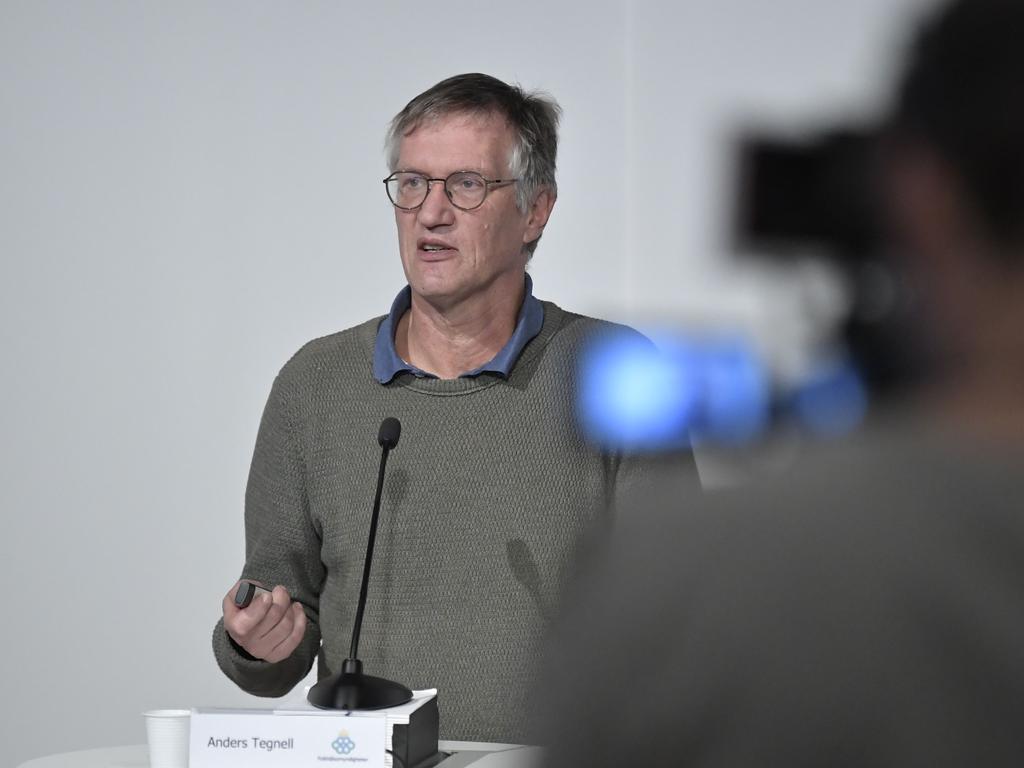
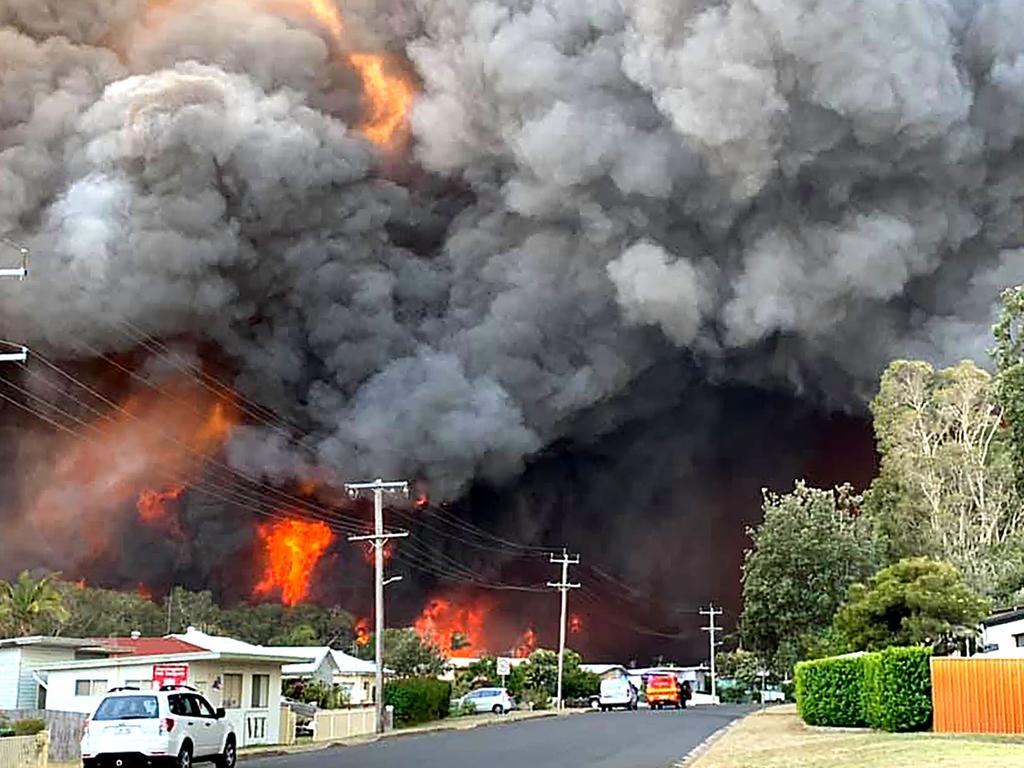
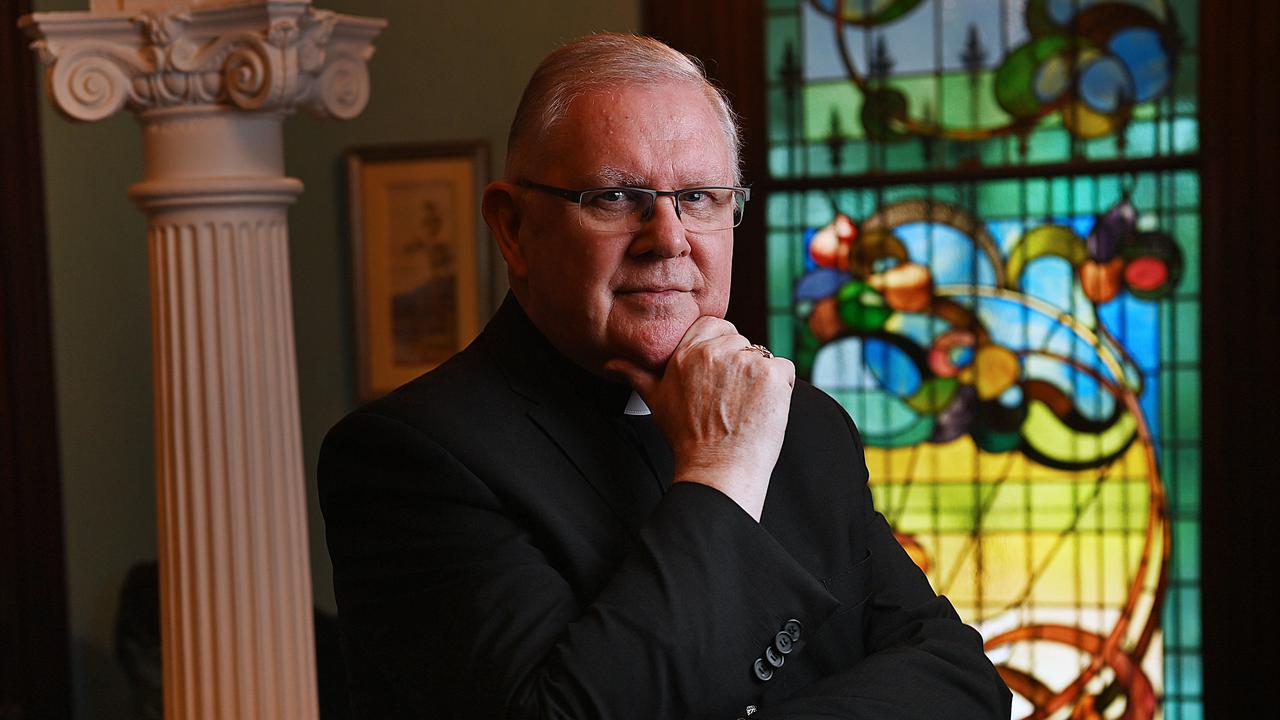
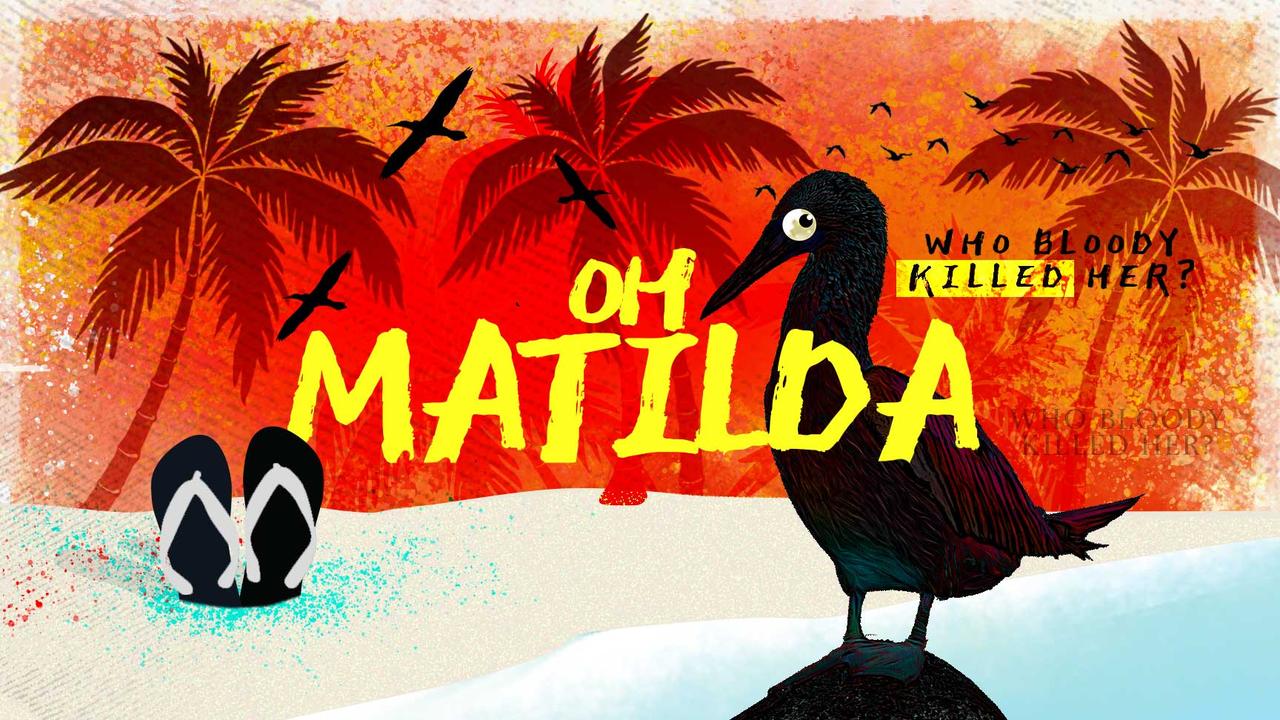
I remember very clearly the day I fell in love with Australian men.